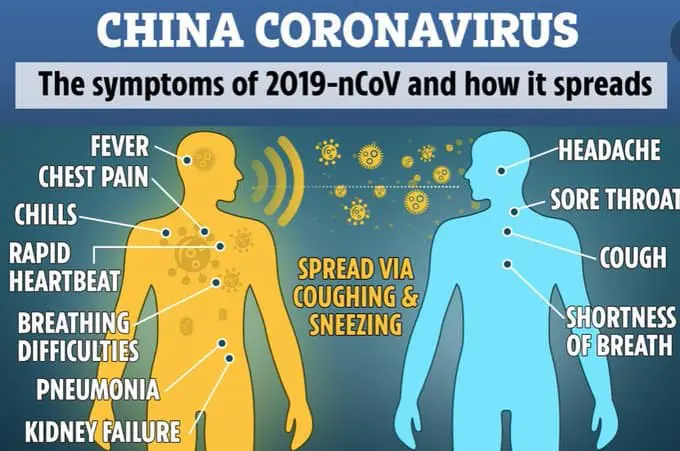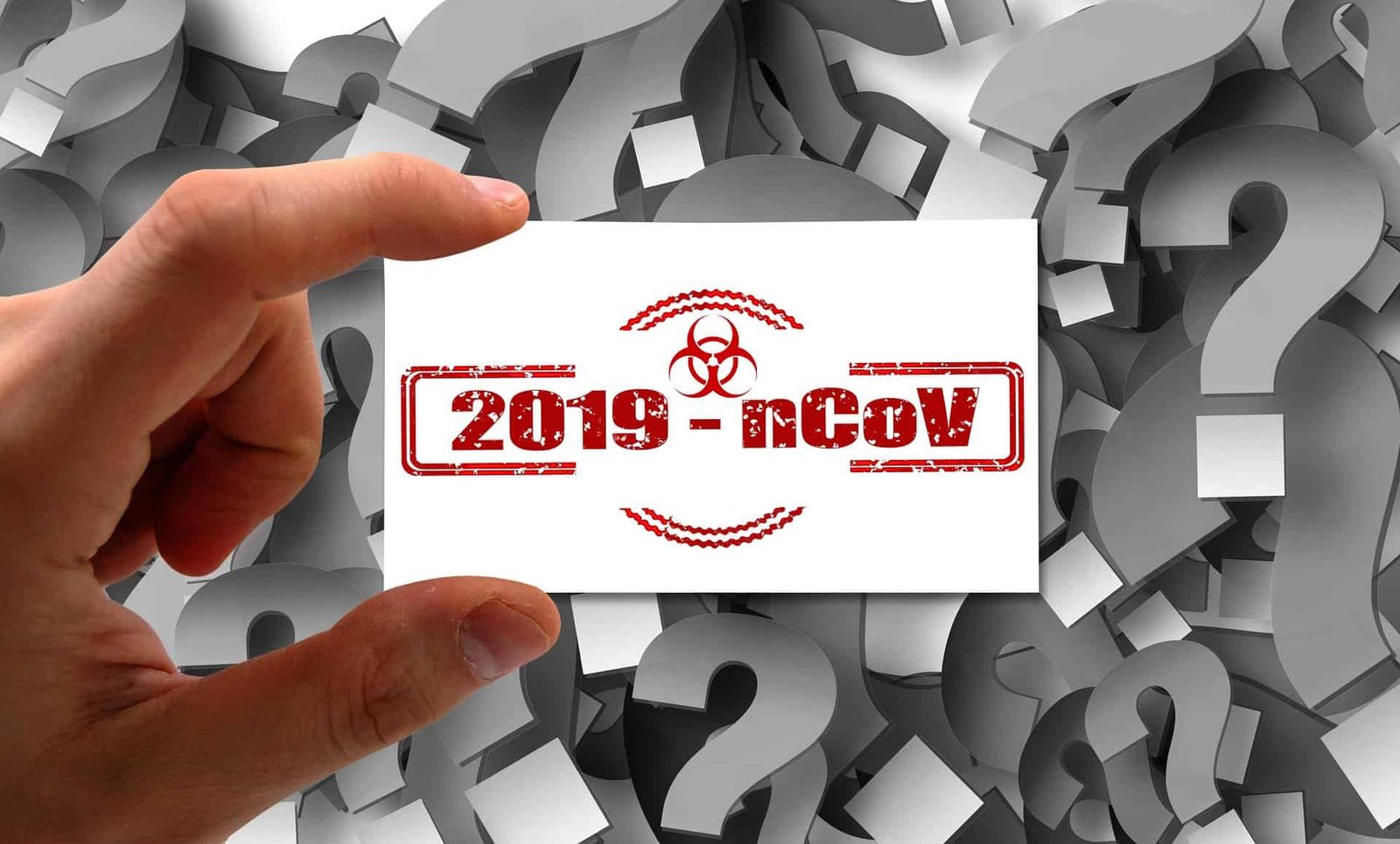
UK threat of Coronavirus virus
An outbreak of the Coronavirus virus is starting to spread globally and has reached the UK. I thought I would take this opportunity to gather the facts reported so far.
“There are currently no confirmed cases in the UK or of UK citizens abroad, and the risk to the public is low,” the Department of Health reported a couple of days ago.
The threat of the virus spreading has been raised now from ‘low’ to ‘moderate’, by the World Health Organisation, with cases now reported in the UK. Understandably people are concerned.

World Health Organization alert
The World Health Organization declared the outbreak a global emergency yesterday.
In a statement issued by UK Chief Medical Officers, “we are advising an increase of the UK risk level from low to moderate. This does not mean we think the risk to individuals in the UK has changed at this stage, but that government should plan for all eventualities.
As we have previously said, it is likely there will be individual cases and we are confident in the ability of the NHS in England, Scotland and Wales and HSC in Northern Ireland to manage these in a way that protects the public and provides high quality care.”
What do we know so far?
Representatives of the Ministry of Health of the People’s Republic of China reported on the current situation and the public health measures being taken. There are now 7711 confirmed and 12167 suspected cases throughout the country. Of the confirmed cases, 1370 are severe and 170 people have died. 124 people have recovered and been discharged from hospital.
The WHO Secretariat provided an overview of the situation in other countries. There are now 83 cases in 18 countries. Of these, only 7 had no history of travel in China. There has been human-to-human transmission in 3 countries outside China. One of these cases is severe and there have been no deaths.
The information above is provided by the World Organisation.
A flight with people travelling back from the infected area is due in the UK this afternoon, who will then be reportedly quarantined in the Wirral for two weeks.
Two people from the same family in the UK have been diagnosed and isolated, whilst being looked after. As an update, a student from The University of York has also been diagnosed with the virus after two people were taken ill in York. Paddington Station was also evacuated after two people we taken ill. Emergency services have of yet, not confirmed whether this is because of the virus.

What is Coronavirus?
According to the NHS, the Coronavirus (2019-nCoV) is a new respiratory illness that has not previously been seen in humans.
According to the government website, a coronavirus is a type of virus. As a group, coronaviruses are common across the world. Typical symptoms of coronavirus include fever and a cough that may progress to severe pneumonia causing shortness of breath and breathing difficulties.
Generally, coronavirus can cause more severe symptoms in people with weakened immune systems, older people, and those with long-term conditions like diabetes, cancer and chronic lung disease. I have asthma and so I am in one of these high-risk groups. Hence being concerned about any outbreak for a virus or flu which causes respiratory problems. Those who have died in Wuhan appear to have had pre-existing health conditions, according to the government website.
Symptoms of coronavirus
Symptoms usually include:
- feeling tired
- difficulty breathing
- a high temperature
- a cough
Information I have been given, suggests that the virus will first infect the throat. So the throat will have the dry sore throat feeling which will last for 3 to 4 days
Then the virus will blend into the nasal fluid and drips into the trachea and enter the lungs, causing pneumonia. This process will take 5 to 6 days.
With pneumonia, comes high fever and difficulty in breathing. The nasal congestion is not like the normal kind. You will feel like you are drowning in water. It’s important to go seek immediate medical attention if you feel like this. I have had pneumonia before, which meant I was hospitalised for one week and then in bed for a month. Many people still die from catching pneumonia each year.
How is Coronavirus spread between people?
Health organisations believe that Coronavirus spreads from person to person, similar to similar viruses spread by cough droplets.
Treatment for coronavirus
There is no specific treatment for Coronavirus. Treatment aims to relieve the symptoms.
Doctor’s advice for prevention
There is currently no vaccine to prevent 2019-nCoV infection. As a reminder, CDC always recommends everyday preventive actions to help prevent the spread of respiratory viruses, including:
- Wash your hands often with soap and water for at least 20 seconds.
- Use an alcohol-based hand sanitizer that contains at least 60% alcohol if soap and water are not available.
- Avoid touching your eyes, nose, and mouth with unwashed hands.
- Avoid close contact with people who are sick.
- Stay home when you are sick.
- Cover your cough or sneeze with a tissue, then throw the tissue in the trash.
- Clean and disinfect frequently touched objects and surfaces.
What to do if you think you have the virus?
Public Health England is advising anyone who has been to Wuhan within the past 14 days and has developed respiratory symptoms to phone NHS 111. Those symptoms include a cough, a sneeze, shortness of breath, or a fever.
People who are concerned should phone ahead before going to any medical facility and mention their recent travel to the city.
